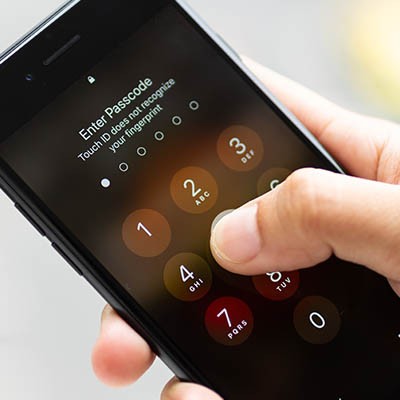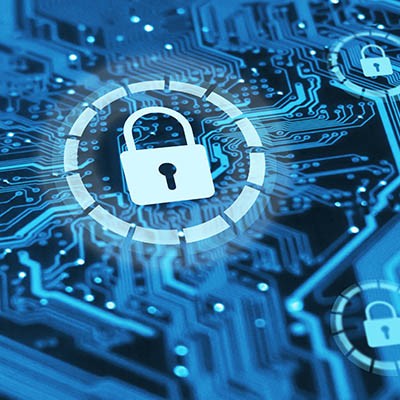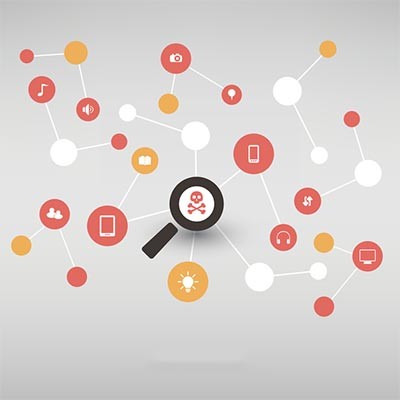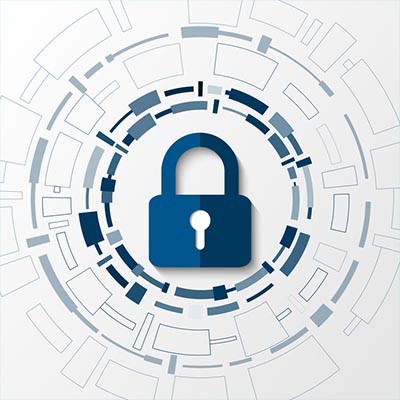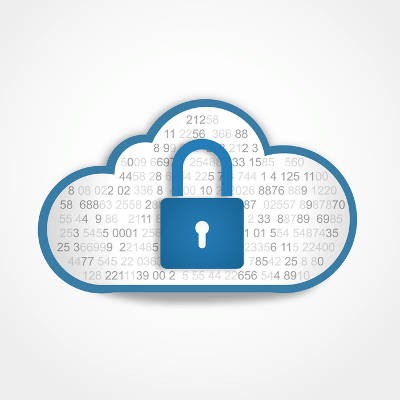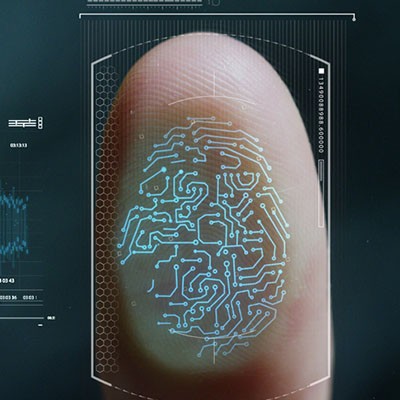If you were given the task to look up a phone number, call a business, and navigate to the new-to-you area, would you be able to without your smartphone? For some of us the answer will still be yes, for a vast majority, the answer is no. Smartphones have quickly transitioned from a calling device, to one of our most valuable tools. Shopping, navigating, video streaming, and an unbelievable amount of other capabilities are all at the palm of your hand.
Argentum IT LLC Blog
The way a business approaches its network security is a crucial consideration - especially to a business that is planning to have a future. This has contributed to cybersecurity becoming a multi-hundred-billion-dollar (per year) industry. In its short history, cybersecurity has had a huge impact on businesses, so we felt it would be useful to go through some of the highlights of its deployment.
Manufacturers are interesting businesses. Not only do they depend on manpower and technology to produce goods, they also rely on IT to power processes, manage their supply chain, and enhance organizational efficiency. With October being Cybersecurity Awareness month, we thought we’d take a look at what a manufacturer’s cybersecurity efforts look like.
It’s not a secret (well, not anymore) that the big tech companies have influence. These companies, that include Apple, Google, Amazon, and Facebook, have been in the spotlight more and more as the argument of data privacy has gotten louder and louder. Public sentiment is starting to blow back on their business model--and since, Yahoo, once the predominant name in Internet-based services, was broken up and sold to Verizon for cents on the dollar after being at the center of the largest data breach in recorded history--there have been rumblings that there has to be something done to protect the public from major publicly-traded technology companies that use individual’s data in ways that some deem unethical.
Do you use different passwords on every account you’ve created? Are these passwords sufficiently complex? Chances are at some point you have used a repeating password. Remembering 35 different logins for 35 different applications is hard enough, so it’s not surprising that the majority of people will use the same password for many applications. Bad password practices are all too common. So, how can you fix this?
Habits can be a very effective way to improve your internal productivity, but others can expose your business to security risks. Unfortunately, there’s a good chance that your employees may have picked up the latter. This means you need to learn what to look for, so you can identify any problem areas within your business - and work to break the habits that led to these problems.
In the course of doing business everyone has their own specific responsibilities. One overarching responsibility that all employees need to have today is a keen eye for detail. The health of a business depends on it. A staff’s failure to properly shoulder their load of security can have an immensely negative result for both the employee and the company. Today, we’re going to explain that when your organization gets breached by hackers, that fault is largely found in the mirror.
For much of the last five years, we’ve been told that the Internet of Things was going to be the most important innovation since broadband Internet was introduced. This growth, while its largely happening under the proverbial radar, is happening. There are around seven billion “smart” devices in 2019 with expectations that it will be three times that by 2025. With that many Internet-connected devices, there are bound to be some that come with vulnerabilities, whether it comes from being designed poorly or not frequently updated with modern threat definitions. Today, we’ll take a look to see if the Internet of Things should be considered a threat to your business.
Two of Microsoft’s most popular relational database management systems, SQL Server 2008 and SQL Server 2008 R2 will be losing support on July 9, 2019. If your business continues to use one of these titles for its database management, you are running out of time before you need to upgrade. Today, we’ll take a brief look at what the software is used for and what options are open to you going forward.
There is one constant in the business environment, and it’s that your organization will be placed in a constant state of being at risk the second you start to make a name for yourself. What a lot of organizations don’t understand is that it doesn’t matter how high or low-profile a business is, there will always be data on a network infrastructure that is valuable to hackers and is targeted by threats.
Your business is susceptible to countless threats and vulnerabilities, all of which aim to bring your organization crumbling to the ground. These include all types of technology-related problems that cause downtime and other terrible situations that your business has to overcome. Let’s look at some of the threats you face from day to day, and try to establish an appropriate response to each.
Databases are exceptionally useful for allowing access to important data, but they by default expose data to risks depending on how they are stored. If a database is stored in the cloud, for example, it could potentially be exposed to threats that put the future of your business in jeopardy. Compared to the public cloud, a private cloud database can give you more opportunities for security, flexibility, and customization.
You may be surprised to find out that your business is constantly under threat of being hacked. For this reason it is extremely important that you have an idea of how to keep unwanted users out of your network and out of your applications. Passwords are often times the last (only) line of defense against all manners of threats. Therefore, you need to make them as secure as possible to mitigate the threat in any way you can. We’ll walk you through this process.
Cybersecurity is one of the most talked about problems facing the modern business. This is because cybercrime has increased precipitously while businesses have moved more of their processes onto the computer. Planning how to protect your business’ crucial digital resources from corruption and theft has never been more important. We’ll take a look at some of the problems we are seeing that are negatively affecting small and medium-sized businesses' ability to do business effectively.
Millions of students--approximately 16 million--call colleges or universities their home for at least a portion of the calendar year. They are educated by another 1.5 million or so faculty, staff, and other employees. Most of these institutions of higher education understand the challenges presented by maintaining networks, particularly the ones that students connect countless devices to. With all this in mind, can a college campus’ network truly be secure, or is it a fool’s errand?
Virtual assistants have a lot of promise as a productivity tool, so it only makes sense that they would begin to appear in the workplace. Unfortunately, these devices have also gained a reputation as a security risk. Whether or not you’ve considered bringing virtual assistants into your business, you need to prepare for their presence there.
It’s a familiar scene from many science fiction properties: a person approaches a locked door. They unlock it, but rather than using a key, a red beam scans their eye to confirm their identity and permit them access. The thing is, this and similar biometric authentication technologies are likely to begin appearing in real-world businesses sooner than later. Let’s discuss:
Messaging applications have carved out a foothold in businesses, clearly proving their operational benefits. However, it simply isn’t responsible to leverage a solution without making sure that the solution is secure. There are a few criteria that you should consider to determine how secure your chosen application really is.
There has been a lot made in the media about the effect that movies and television has had on society. More often than not, the media that is produced is a result of the ebbs and flows that happen in society, which ironically makes the whole notion that television and movies affect society an interesting paradox. The ludicrous portrayal of criminality in media is one issue that is resoundingly debated by lawmakers and sociologists, alike.

